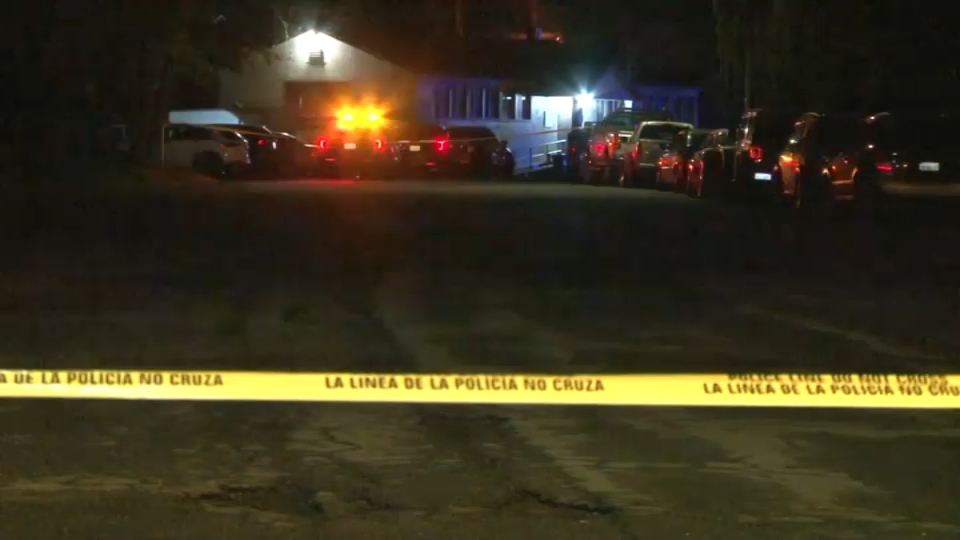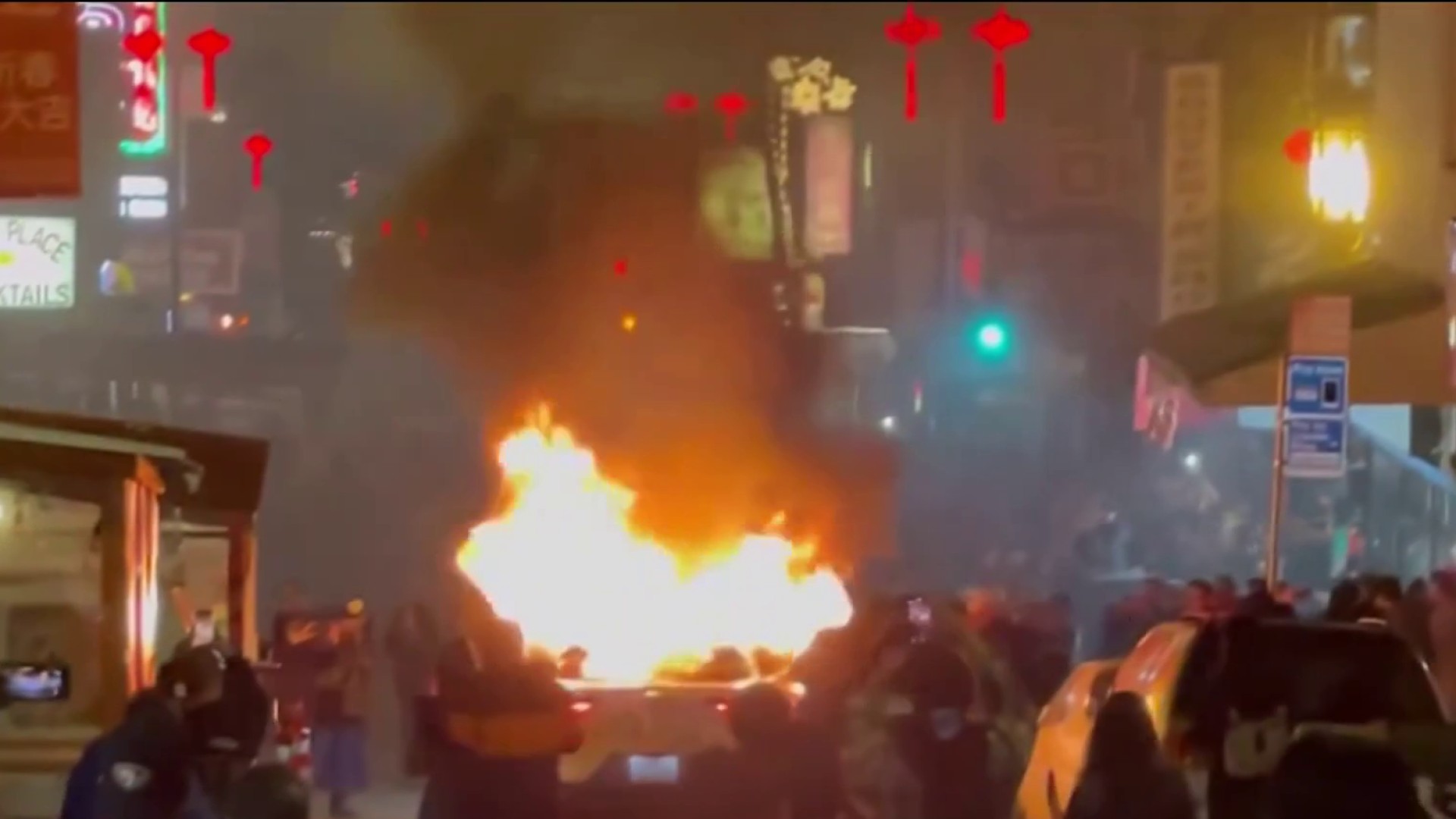California voters who want to share photos of their bubbled-inballots when they vote in the current election are out of lock.
A federal judge in San Francisco refused Wednesday to block a state law that bans ballot selfies, mostly for a technical reason, not a philisophical one.
U.S. District Judge William Alsup said allowing the images so close to Election Day would create confusion among voters and poll workers.
The American Civil Liberties Union sued Secretary of State Alex Padilla on Monday, eight days from the Nov. 8 election, seeking a court injunction preventing enforcement of the "ballot-selfie ban" in the current election. The ACLU argued, unsuccessfully, lawyers were concerned about the “chilling effect” the ban could have on voters’ free speech.
In a statement, Padilla reiterated that Alsup’s ruling means “ballot selfies” are “not authorized” for the Nov. 8 election. Voters are still allowed to use their smartphones in the voting booth and may still take photos with their “I Voted” stickers, he added. It's just selfies with photos showing the actual checked-off ballots that are forbidden.
The heart of the controversy is not really about selfies, perse, but showing the actual bubbled-in ballots and displaying those choices on social media.
The fuss is not really over taking a selfie outside a polling station or near a booth, which is still allowed, even though the exact photography laws at election spots are unclear, said Michael Risher, a senior staff attorney for the ACLU of Northern California.
Local
The issue is showing marked ballots, such as Hillary Clinton for president or yes on California's marijuna legalization proposition, for the world to see.
California already has a 125-year-old ban on the books regarding voter intimidation, and the Secretary of State's position is that showing the marked-in ballots on Twitter, for example, falls in this unlawful category. The ACLU sees it otherwise, and believes that freedom of expression is paramount.
"We already have laws that make it a felony to ask someone to show you a marked ballot," Risher said, "and to buy your votes. We're not challenging that. "Social medial, for millions, is how people talk."
He added he was disappointed with the judge's ruling, but acknowledged there was no time to make an effective appeal. He also said he wished that this issue had been brought to the court earlier, which may have resulted in a different ruling.
A federal judge in Colorado is hearing arguments in a similar case Wednesday.
Last week, an extensive review by The Associated Press of the array of ballot selfie laws in all 50 states found that 18 states prohibit sharing photos of ballots. Another, California, joined the list on Wednesday, when a federal court judge denied a request to allow them.
The ballot selfie saga should not be a problem by the next election. A new law signed by Gov. Jerry Brown this year will repeal California’s ban on sharing photos of marked ballots. But it doesn't take effect until January 1.



